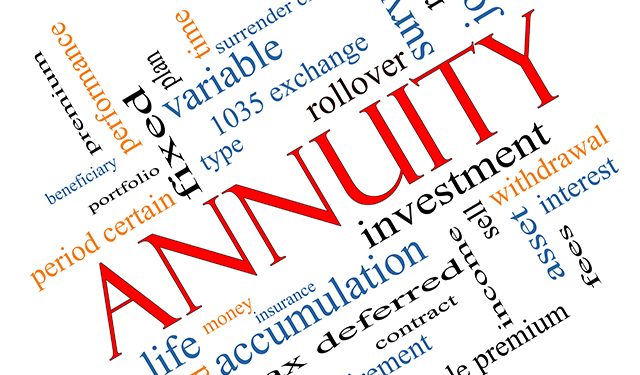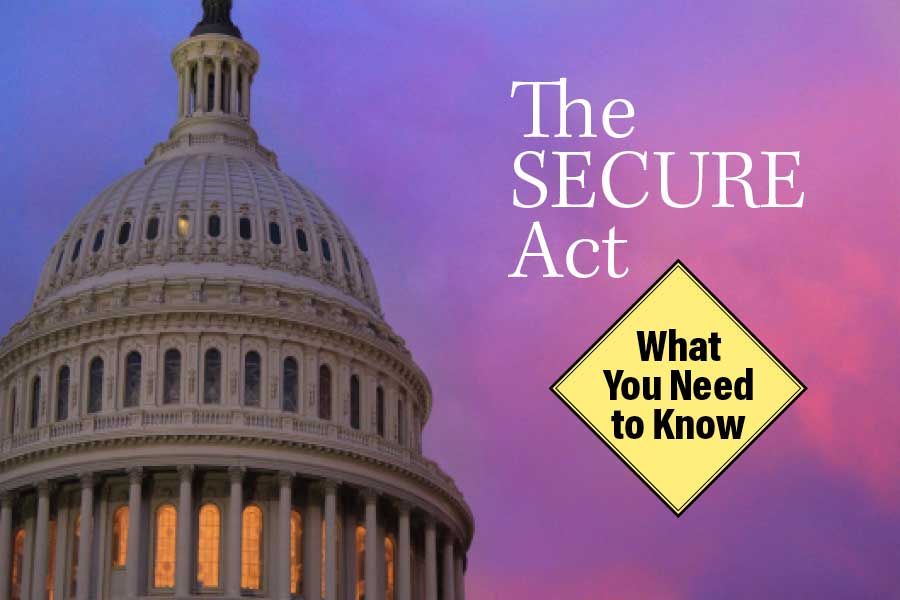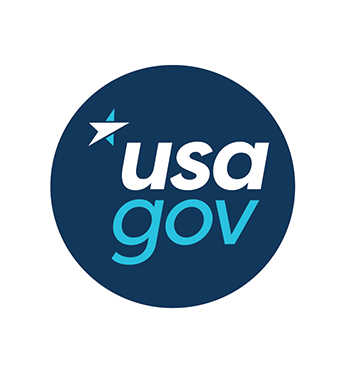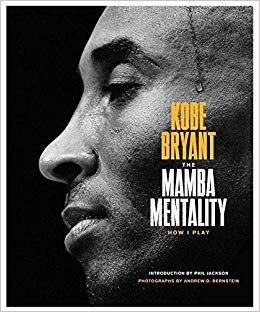An additional provision of the SECURE Act is that it allows 401k plans to allow annuities. You can use your 401k balance – or a part of it – to purchase an annuity that will provide a stable stream of income for the rest of your life. What could go wrong?

What Is an Annuity?
I won’t go into a long background. Read this article recently published by US News or just Google it. The SECURE Act allows all different types of annuities in 401k plans: fixed or variable, immediate or deferred.
Low Interest Rates = Low Annuity Rates
As I write this, the 10-Year US Treasury yield is about 1.3%. Interest rates are low as investors move money to safe havens as the Covid-19 threat looms. If you are considering an annuity as an option for future income, your payout rate will be a low percentage of your investment because risk-free reinvestment rates are historically low right now.
Fees Can Be High
It is said that annuities are sold, not bought. They are sold because the sales fees are high to the companies and brokers selling them to you. Fees are particularly high on variable annuities. If you are considering an annuity, whether in a 401k plan or outside it, make sure you are aware of its commission or “load” fees as well as any annual maintenance fees. Caveat emptor.
Default Risk
Another risk is that the annuity provider, typically an insurance company, goes out of business. Remember AIG back in the mid-2000s? They were and still are a major annuity provider. If you have an annuity from an insurance company that goes bankrupt, you are in a heap of trouble, and your “safe” income stream will stand a good chance of being interrupted, if not totally eliminated.
Synthetic Annuity
Do you like the idea of an annuity but don’t want to pay those fees? Talk to a financial planner, such as me. Your financial planner should be able to create an annuity stream that will mimic that which you can purchase from an insurance company, at least to some extent. The financial planner doesn’t work for free, of course, but it might be worth a conversation with them.
10-Year RMD
Another issue is that the 10-Year period of Required Minimum Withdrawals (also part of the SECURE Act) must be satisfied. Typically, a 401k owner would purchase an annuity either for themselves (single-life) or for them and their spouse (dual-life), and the annuity would end at their death. Thus, the 10-Year RMD provision probably isn’t a significant issue related to purchasing an annuity in a 401k, but you need to keep it in mind.
IMO
I am not an annuity fan but I understand their appeal especially to seniors who don’t want to have to think about their income stream anymore. This post is to alert readers to the issues related to the annuity provision in the SECURE Act, and, of course, to as you to contact me if you have further questions or if you are interested in discussing alternatives to annuity products for retirement income.









